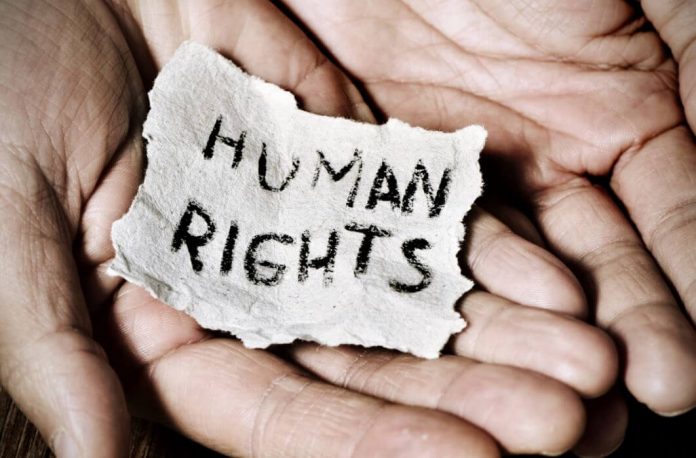Muhammad Haroon Asad
December 2nd, 1939, marked a pivotal moment as Muhammad Ali Jinnah called for celebrating December 22 as Deliverance Day— to commemorate liberation from the oppressive grip of Congress rule. Under Jinnah’s leadership, the AIML fervently championed the cause for an independent Muslim homeland, galvanizing oppressed Muslims disillusioned by Congress’ tyranny. Their struggle was not merely for independence, but for the assurance of their rights—a vision echoed in Jinnah’s words. The ideological bedrock of Pakistan was envisioned as a sanctuary, where the state would safeguard individual rights and ensure a dignified existence- an idea aligning with the basic principles of Islam, Modern Liberal Democracy, and Contractarianism. Yet, while enshrined in Pakistan’s constitution, this noble vision often falters in practice. From the scars of ’71 to recent dismissals of UN human rights concerns by the state, it is evident that the journey towards realizing these ideals is fraught with challenges.
Pl subscribe to the YouTube channel of republicpolicy.com
While all of us should concur with the state’s firm stance in rejecting external interferences and pressures, it is imperative to recognize the value of such reports as catalysts for self-reflection and improvement. Only by acknowledging these challenges can we align our actions with the principles of justice and human rights and ensure a better future for all. It is never too late to correct the course.
Unfortunately, in Pakistan, a multitude of human rights violations plague the fabric of society, perpetuated by both state and non-state actors. Pakistan’s position at 132 out of 165 countries on the Fraser Institute’s latest Human Freedom Index reflects its performance in areas like the rule of law, security, religion, expression, and property rights, among others.From unlawful killings to enforced disappearances, torture to arbitrary detention, the spectrum of abuses is distressingly vast. A recent report by the Defense of Human Rights noted that the total number of cases of enforced disappearances stood at 3,120, with 51 cases registered in 2023 alone. Notably, 595 individuals had been released and reunited with their families, 246 people had been traced, and 88 cases had sadly resulted in extrajudicial killings. Laws such as the Maintenance of Public Order Ordinance and the Anti-Terrorism Act are often misused to justify arbitrary arrests and crackdown on political opponents. Enforced disappearances remain rampant, with a staggering number of cases, while honour killings continue unabated; the total number stood at 520 in 2022.
The stark reality of human rights violations in Pakistan demands our acknowledgement. We cannot ignore the pressing issues aggravated by our burgeoning population and limited resources, which already alienate a significant portion of our populace. Continuing oppression risks fracturing our national unity, weakening the federation, and emboldening non-state actors and adversaries. To foster national integration and prevent further alienation, a shift towards a more nurturing, empathetic state approach is imperative. Upholding human rights in alignment with our constitution, religious values, and the vision of our founding fher is essential. Only by safeguarding individual rights and ensuring the dignified existence of all citizens can we chart a course towards a more harmonious and prosperous future for Pakistan.
Pl subscribe to the Magazines of republicpolicy.com
















